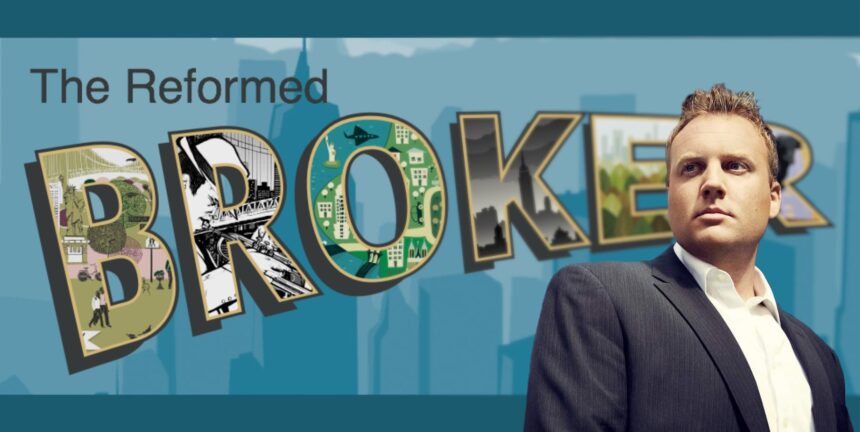Barry’s new piece for Bloomberg is really good. I had a good laugh at this section:
Inflation Expectations Surveys Are Useless
The world is more complex, random and global than ever before. Multiplying unknowns have made economic forecasting even more difficult. But for hilariously wrong predictions, nothing beats surveying random people about where they think inflation will be in five years. The idea that these answers provide potential clues about current or future consumer behavior doesn’t conform to reality.
Blame the recency effect. What just happened has a disproportionate impact on what people imagine will happen. The recency effect is why, as a group, people get things such as inflation expectations backward: Their expectations of inflation were at their very lowest in December 2020, right before the big inflation spike was about to occur. By the time their views moved higher around May 2021, inflation had already surged. If that’s not bad enough, expectations of inflation plateaued in Q2 2022, just as inflation was peaking and about to roll over.
Note that one of the Fed’s own researchers reached the same conclusion in a paper published in 2021. “Economic policymakers believe that households’ and firms’ expectations of future inflation are a key determinant of actual inflation. A review of the relevant theoretical and empirical literature suggests that this belief rests on extremely shaky foundations,” wrote Jeremy Rudd. “Adhering to it uncritically could easily lead to serious policy errors.”
We literally do this. We call people on the phone (landlines, no less) and ask them shit like “How much do you think you could rent your house for right now?” and this is the input (shelter costs, IJBOL) that determines 40% of the Fed’s preferred inflation gauge. It’s a joke.
Read his other prescriptions for this weekend’s Jackson Hole conversation here:
Five Ways the Fed’s Deflation Playbook Could Be Improved (Bloomberg Business)









